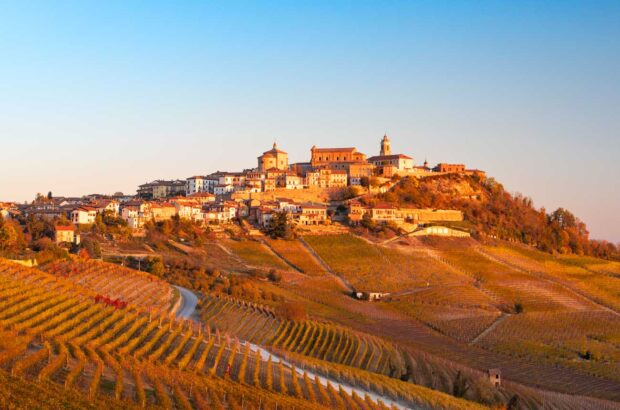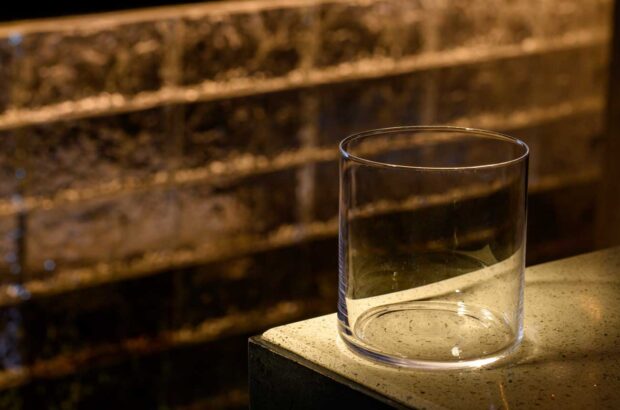Today, the Mosel is a region steeped in deference to its history. New generations of winemakers rarely stray from family recipes, which have helped establish some of the top Riesling houses with hundreds of years of winemaking pedigree.
Even in this special part of the wine-growing world, Ernst Loosen‘s new Zach. Bergweiler-Prüm wines show an impressive regard for an era when Riesling produced here was some of the most sought-after and highly-priced wine in the world.
Bergweiler-Prüm was Ernst Loosen’s great-grandfather on his mother’s side. He was a significant producer in the Middle Mosel, having established a renowned winery in the village of Wehlen. It was Zacharias who married into Mosel royalty in the Prüm family.
Loosen’s project utilises his great-grandfather’s original cellar to produce the wines, with a significant effort to remain true to the era in which Bergweiler-Prüm was growing and making Riesling.
Each wine comes from a different parcel of the Grosse Lage site, Wehlener Sonnenuhr. The vines are 130 years old and farmed as they would have been in those days. Loosen has also used vine training practices that were used during his great-grandfather’s era.
Only natural and historically appropriate items are used to transport the fruit to the winery, tie back vine shoots or cultivate the soils. ‘I wanted to gain experience with very low-intervention viticulture and winemaking, the way my great-grandfather did it,’ said Loosen.

Fuders in the original Zacharias Bergweiler-Prüm cellar. Credit: Osvaldo Nuzzi
The three wines are a dry Riesling Grosses Gewächs (GG), an off-dry Kabinett, and a partially botrytised Auslese. Each is made in a style of Bergweiler-Prüm’s era and can depart from the well-known styles that have come to fashion since the German Wine Law of 1971. The Auslese is made in a less sweet style than many contemporary counterparts.
In the cellar, faithfulness to the past is maintained. The wines are all pressed in a restored basket press from 1910, and they ferment spontaneously in neutral, 1,000-litre German oak Fuder casks. There is no racking nor bâtonnage while they mature on the full lees for 24 months. Extended barrel maturation was the normal practice in Bergweiler-Prüm’s era. It gave the wines time to clarify and stabilise without the use of modern technology.
After bottling, the wines are held for an additional four years prior to release.
One Fuder (or about 1,300 bottles) of each 2018 wine was made. They will be sold in mixed three-packs and exclusively through négociants on La Place.
‘These wines are a journey into our past when German Rieslings had been the world’s most prized wines,’ said Loosen. ‘They are precious to me, and I want to share them with serious wine collectors around the globe. I’m happy to be able to offer them through the La Place de Bordeaux network.’







